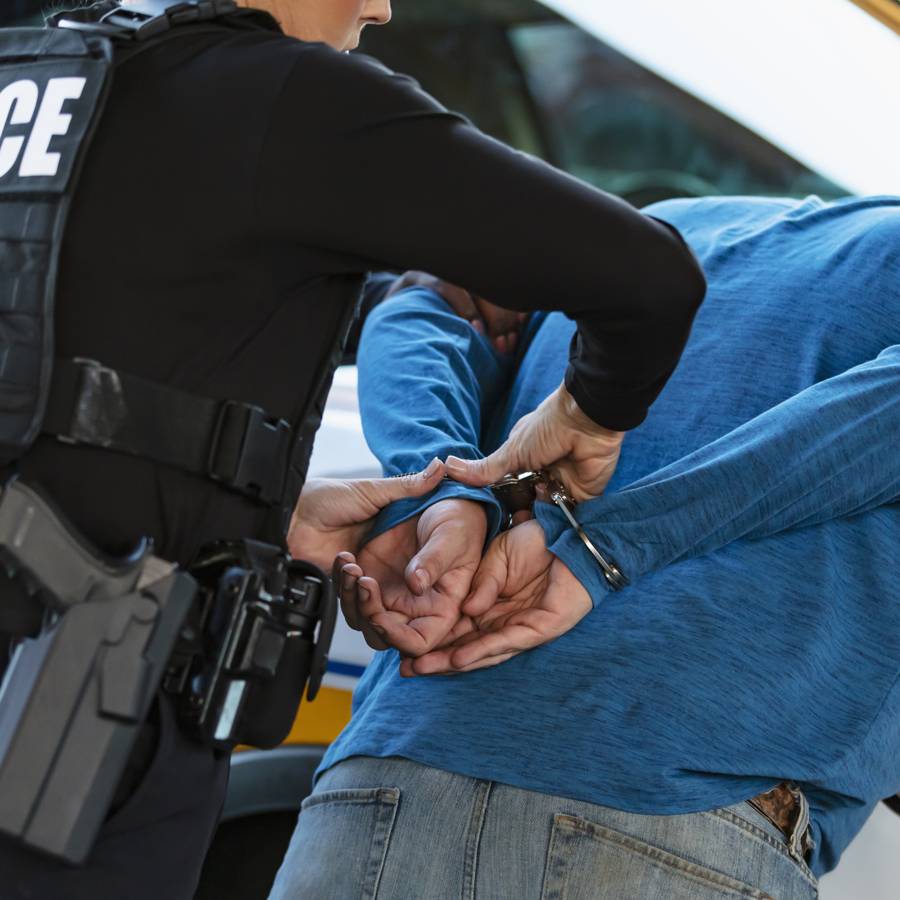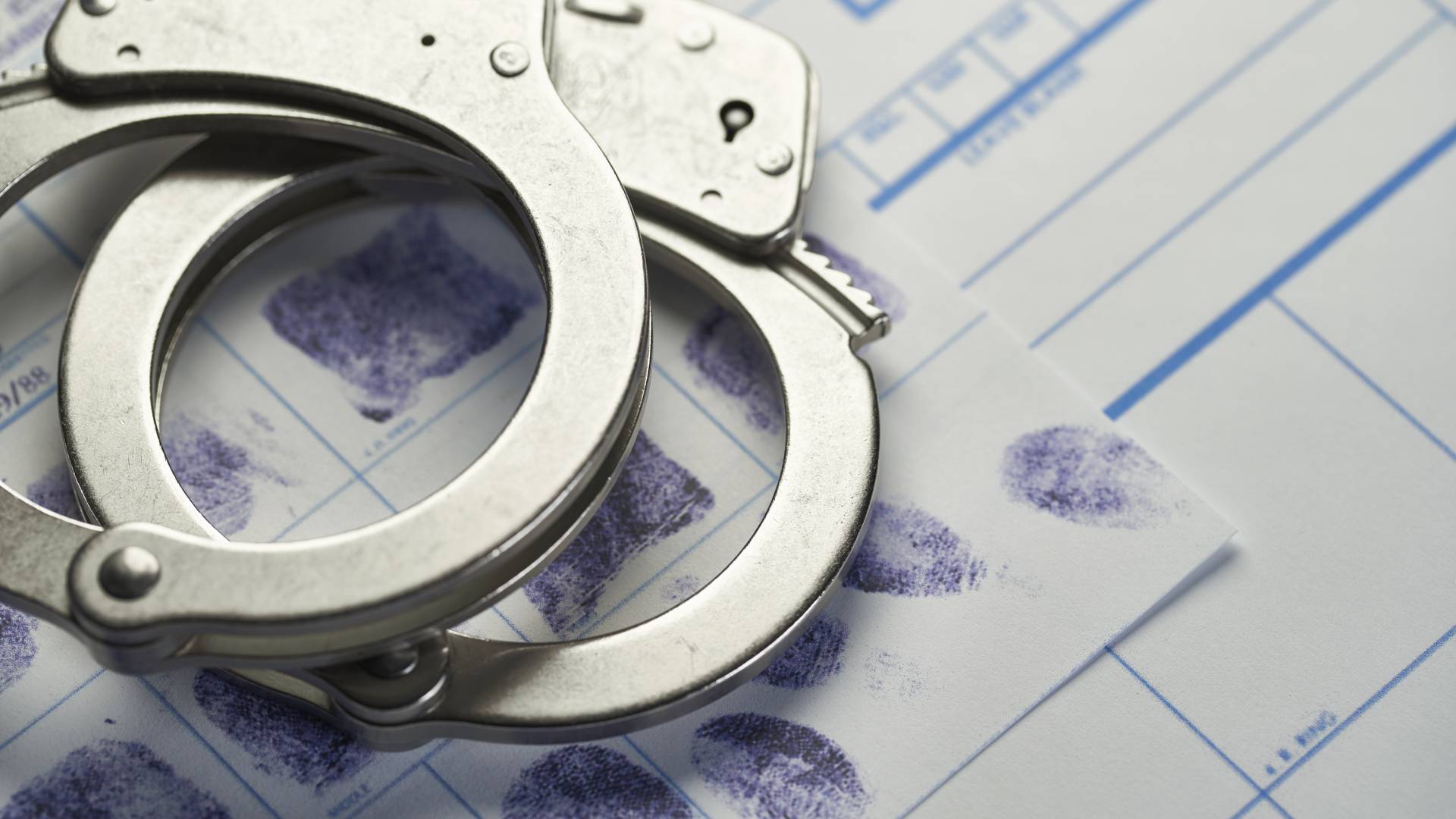
Juvenile Offenses Lawyer Des Moines, IA
Defense for Juvenile Cases in Iowa
Young people make errors in judgment – it is part of the growing process. When those errors lead to a run-in with the law, there may be immediate and long-term consequences. Our Iowa juvenile crimes lawyers at Branstad & Olson are here to help you protect your child’s rights through every stage of the legal process.
We care about your child’s best interests. Call (515) 329-3100 for a free consultation to discuss your next course of action with our Des Moines juvenile crime attorneys.
Delinquency Cases in IA
In Iowa, the juvenile court has jurisdiction over cases involving minors. In the State of Iowa, most minors accused of delinquent acts will have their case heard by the juvenile court, rather than the adult criminal court. However, in certain circumstances, a minor may be tried as an adult. For example, youths over 16 years of age or youths accused of committing a violent felony, such as sexual assault, manslaughter, or murder, may be tried as an adult if certain requirements are met.
A delinquency case can involve several stages, including:
- Intake (investigation)
- Adjudication hearing (determination of responsibility)
- Disposition hearing (determination of consequence)
Delinquency Petitions & Informal Adjustments in Iowa
At the conclusion of intake, a juvenile court officer who conducts the investigation will determine whether a delinquency petition should be filed or if the case should be resolved through informal adjustment.
Informal adjustment is the process of handling a juvenile delinquency matter outside of court. Generally, it involves the minor acknowledging responsibility for the act, and the minor and their parents agreeing to take certain actions. These could include working with a juvenile court officer, completing community service, paying victim restitution, or obtaining mental health or substance use treatment. Successful complete of an informal adjustment will end a case without any findings of responsibility or other consequences for the juvenile.

Call Our Des Moines Juvenile Crime Lawyers
When your child is accused of a delinquent act, you may have many questions and few answers. Branstad & Olson is here to provide representation for your child’s situation.
Contact our Des Moines juvenile crimes attorneys at (515) 329-3100.
-
"OUTSTANDING LAWYER! The best of the best."
You simply will not find a more capable, dedicated, intelligent, well-prepared, considerate or loyal attorney to represent you, than Christine Branstad.- John -
"Their communication was excellent and compassion was real. From day one, they were fighting"
Their communication was excellent and compassion was real. From day one, they were fighting- Joe M.

Our Settlements & Verdicts
Our top priority is to devise customized legal strategies that are tailored to the unique legal needs of our clients, no matter how simple or complicated their situations, might be.
-
Reversed and Remanded Appeal - Administrative
-
Reversed and Remanded Suppression Leading to Dismissal
-
Not Guilty – Jury Trial Assault with Intent to Commit Sexual Abuse
-
Not Guilty– Jury Trial Murder 1st Degree
-
Not Guilty - Trial Vehicular Homicide
-
Not Guilty– Jury Trial Murder 1st Degree